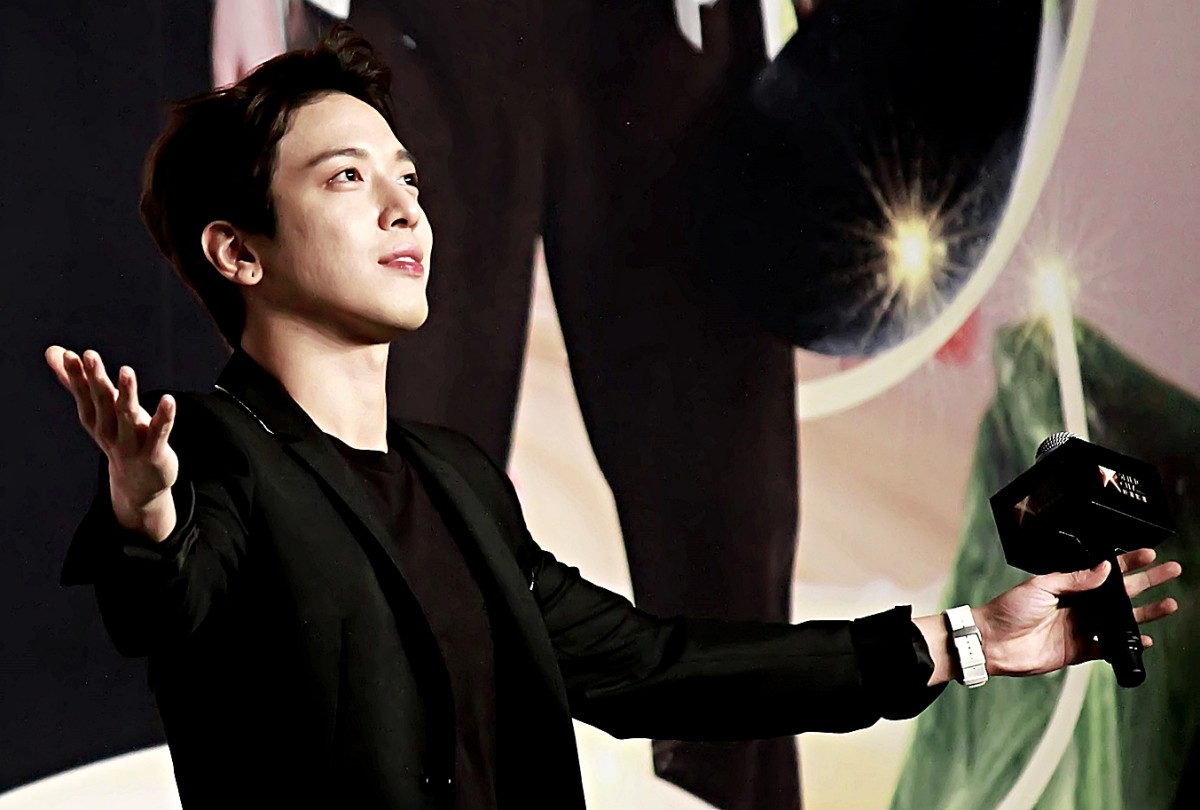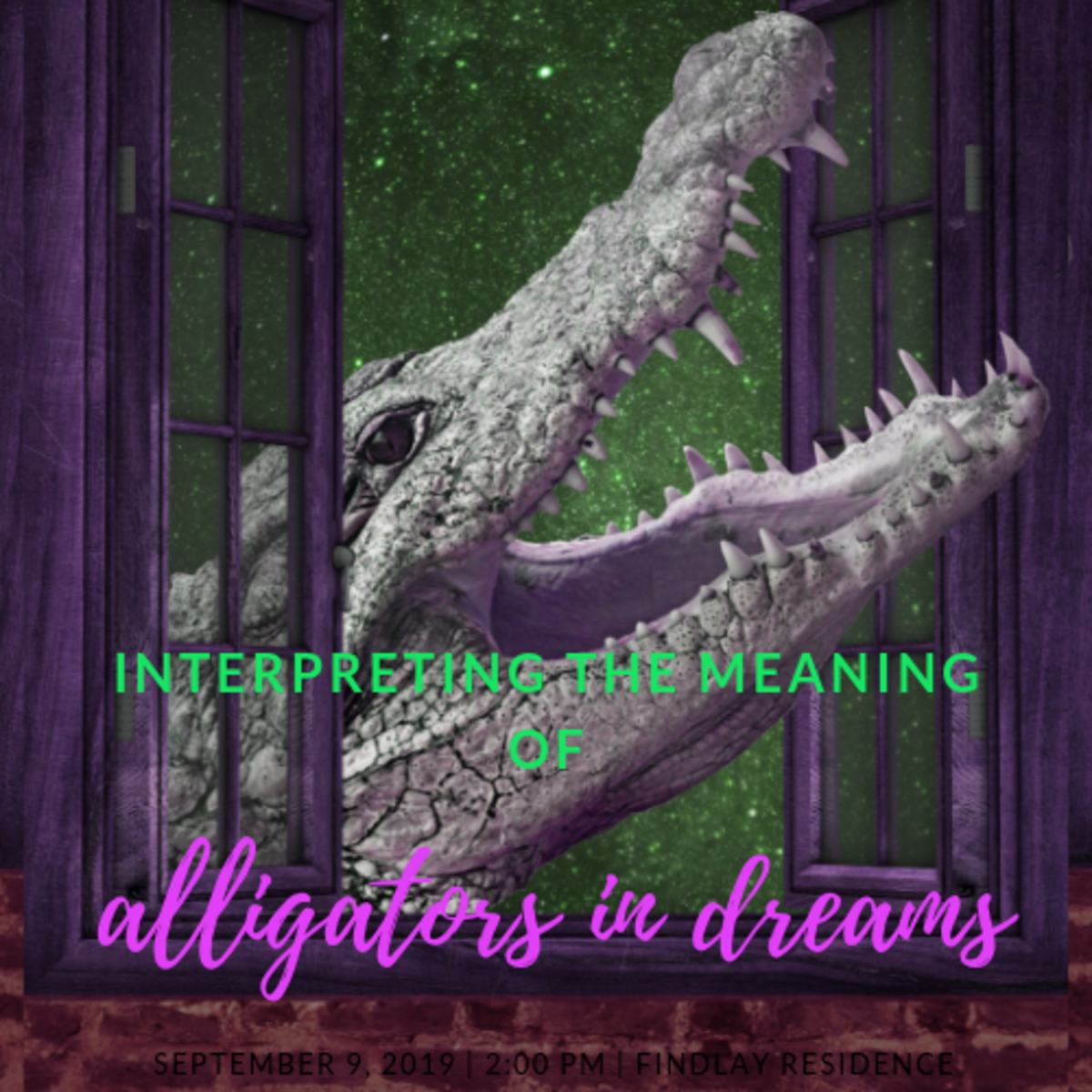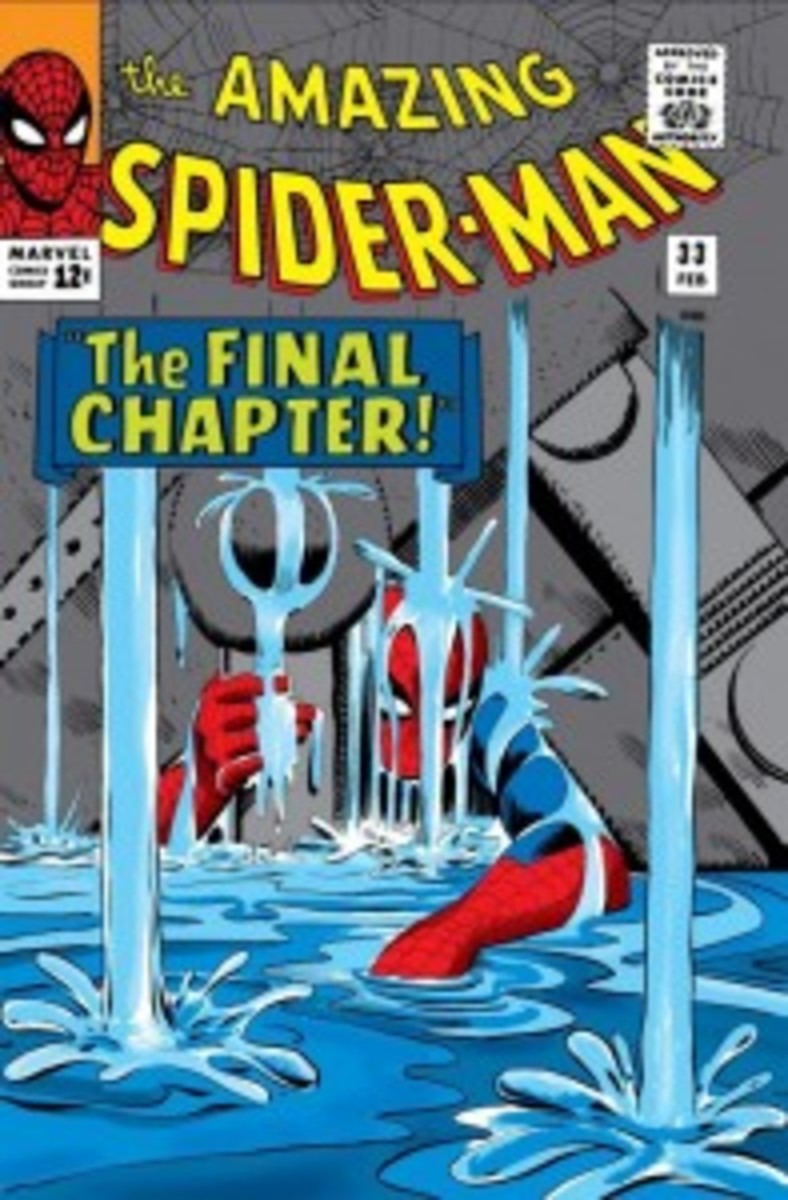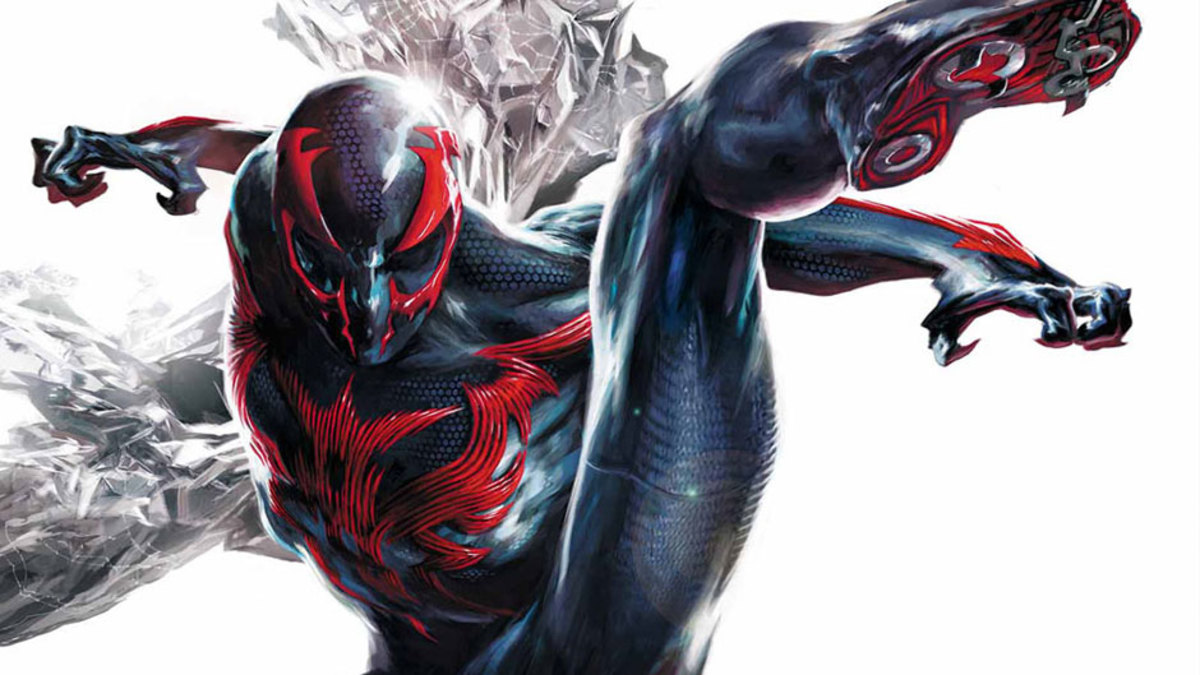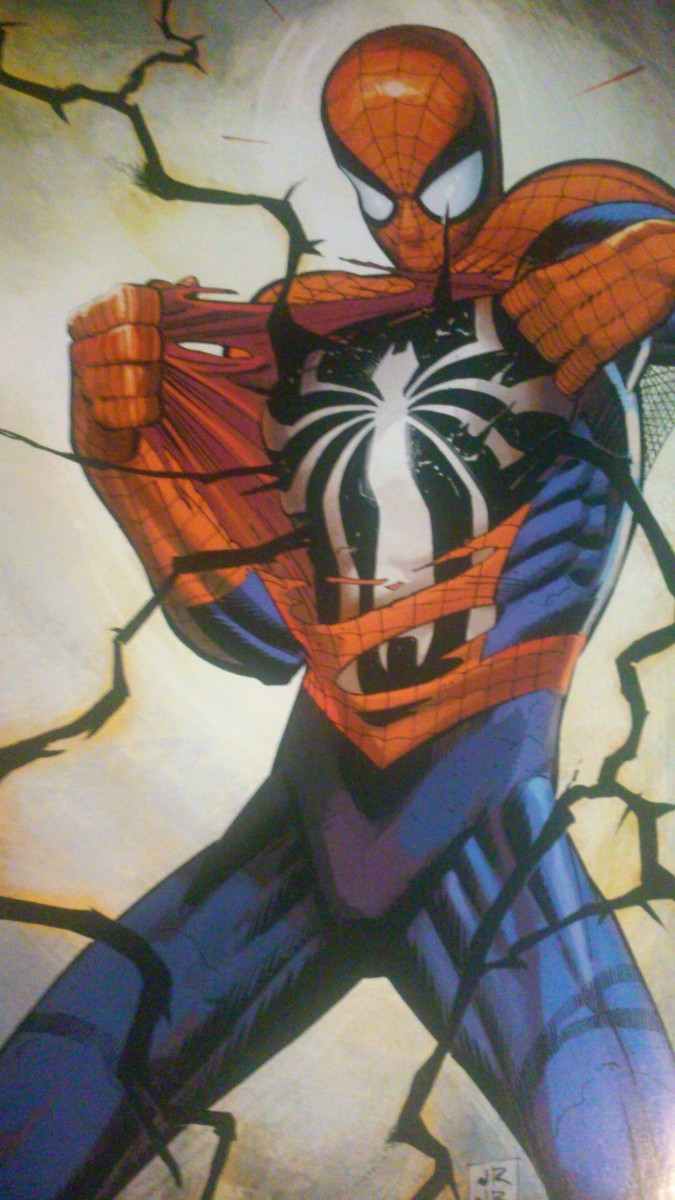Running Danger

The Running Man is a thriller with a difference
The Running Man by Stephen King is a thriller with a difference. There is something sardonic about. It’s about the real world yet there is an element of the apocalyptic about it conveying the feeling the characters are living in a tough society controlled by the state, drenched in police forces, akin to big brother.
In a bid to save his baby daughter through the prize money, the main character, Ben Richards, agrees to go on a “win-or-death” game that is fixed, designed to make him lose and his fall imminent. But he puts up a one big unexpected fight that surprises everyone. It finally leads to his death, but he takes with him much more than that, with the crumbling icon of big brother.
The book could be seen as a classic King style. There is a touch of the macabre and the surreal. It’s definitely a state and society controlled by tight-fisted power with the rule of authority takes all. The middle class and the plebs exist but they are twisted into a higher being.
The Running Man is about naked power in America with travels to, or over being more accurate, different cities of America with the point being to overpass to Europe; but the surprise part is that the plane is hijacked by the main character, and never gets over the American continent but is diverted back, exploding into the main building were the games started from.
This the grand finale which nobody expects for the narrative is about the game which Richards, is supposed to complete to the deadly finish. Each day he is supposed to film the stage he is at, to give clues to the authorities, with police forces hot in pursuit, at his trail to attempt to catch him and end his life. His is supposed to make the videos and then post them directly to the games headquarters. If he doesn’t post, then he forfeits the money prize. Masses of audiences are glued to the big screen, watching what is tantamount to a “hunt” for this man is portrayed as vile and despicable and part of the game, which although cruel, is about popular entertainment and bolstering the image of big brother, order, stability and ultimate control.
The book is riveting. At times the narrative is complex, but it keeps the reader on the edge of his seat as he follows Richards from one violent escapade to another, from one violent scene to the next where the hunters are after him with shots to his body. King is graphic in his approach; Richards moves, covered in blood, finally carrying his intestines as he goes for the final blow as he attacks the games building. I gave it away.
Although violent in description there is the recurring sense of black humor. This comes out unintended in the dialogue throughout the book, which shows the skill of the writer in dealing with violent themes and events in sarcastic, humorous way and mannerism. Although, the novel is clearly “futuristic”, more “hip” terminology could have been better used to reflect the “modernist” narrative. But this tends to be a recurring problematic for in such novels the creative tools tend to reflect the period in which they are written in rather than being “brought forward”.




